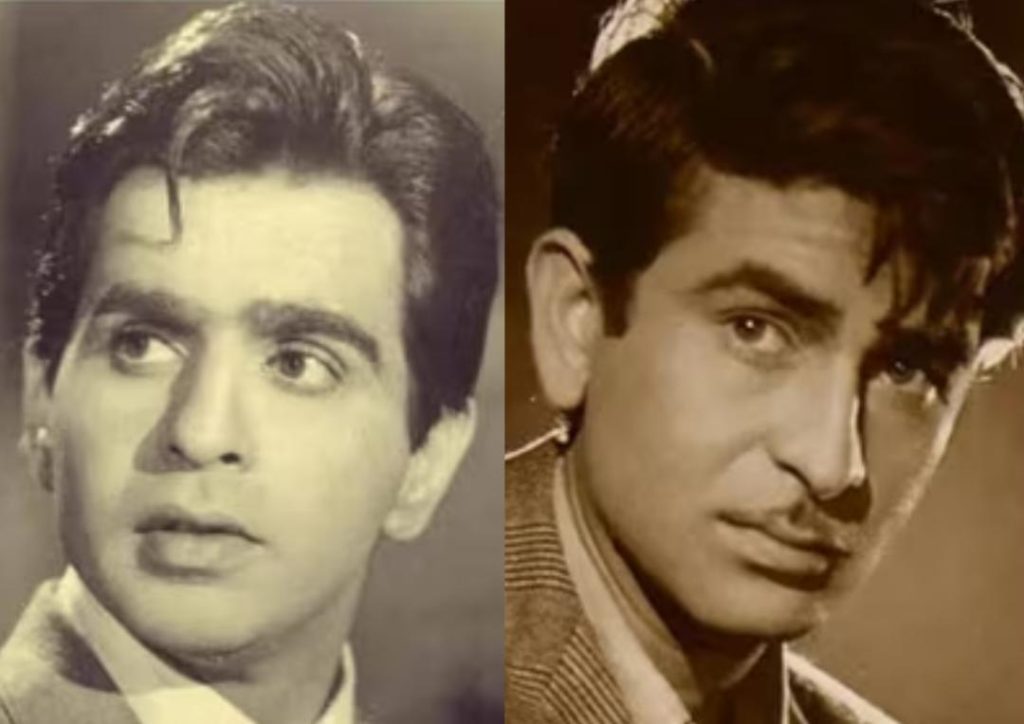
Dilip Kumar & Raj Kapoor’s Homes in Pak to be Turned into Museums
The news has sent shockwaves of excitement among Bollywood fans and historians alike – the ancestral homes of legendary actors Dilip Kumar and Raj Kapoor in Peshawar, Pakistan, are set to be renovated and turned into museums. According to Director of Archaeology Dr Abdul Samad, the construction process is expected to take around two years and will have an estimated cost of a whopping ₹7 crore.
This move by the Khyber Pakhtunkhwa government aims to transform these cultural landmarks into focal points for tourists, giving visitors a unique glimpse into the lives of two of India’s most iconic actors. Dilip Kumar, known as the “Tragedy King” of Bollywood, and Raj Kapoor, often referred to as the “Showman” of Indian cinema, are two names that have been etched in the annals of Indian film history.
Dilip Kumar’s ancestral home, located in Qissa Khwani Bazaar, Peshawar, was built in the 19th century and has been a source of great pride for the actor. The home, which has been preserved by Dilip Kumar’s family over the years, will now undergo a comprehensive renovation to turn it into a heritage museum. The museum will showcase the actor’s life and career, as well as the history of the region.
Raj Kapoor’s ancestral home, located in Rawalpindi, will also undergo a similar transformation. The Kapoor family, who hailed from Peshawar, have a rich history in the region, and Raj Kapoor’s childhood home will be converted into a museum that celebrates his life and work.
The decision to turn these homes into museums is a significant step towards preserving Pakistan’s cultural heritage. The country has a rich history, with a blend of Mughal, Sikh, and British influences, and these museums will provide a unique insight into the lives of two of India’s most iconic actors. The museums will also serve as a tribute to the actors’ contributions to Indian cinema and their enduring legacy.
Dilip Kumar, who passed away in 2021, was a legendary actor who ruled the Indian film industry for over six decades. He is known for his iconic performances in films such as “Andaz”, “Baaghi”, and “Mughal-e-Azam”. Raj Kapoor, who passed away in 1988, was a pioneer of Indian cinema and is remembered for his iconic films such as “Awara”, “Shree 420”, and “Mera Naam Joker”.
The renovation of these homes into museums is a significant step towards promoting cultural tourism in Pakistan. The country has been making efforts to boost tourism in recent years, and these museums are expected to attract visitors from around the world. The Khyber Pakhtunkhwa government has already taken several initiatives to promote tourism in the region, including the development of new infrastructure and the promotion of cultural events.
The construction of these museums is expected to be completed over the next two years, and it will be interesting to see how these iconic homes are transformed into museums. The project is expected to be a significant undertaking, requiring extensive renovations and restoration work to preserve the original architecture and charm of these homes.
In conclusion, the decision to turn Dilip Kumar and Raj Kapoor’s ancestral homes into museums is a significant step towards preserving Pakistan’s cultural heritage. These museums will not only serve as a tribute to the actors’ contributions to Indian cinema but also provide a unique insight into the lives of two of India’s most iconic actors. With their rich history and cultural significance, these museums are sure to attract visitors from around the world and play a significant role in promoting cultural tourism in Pakistan.






